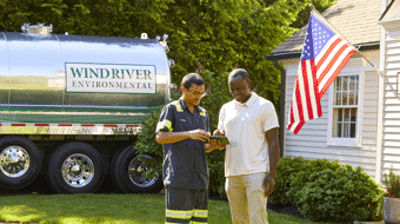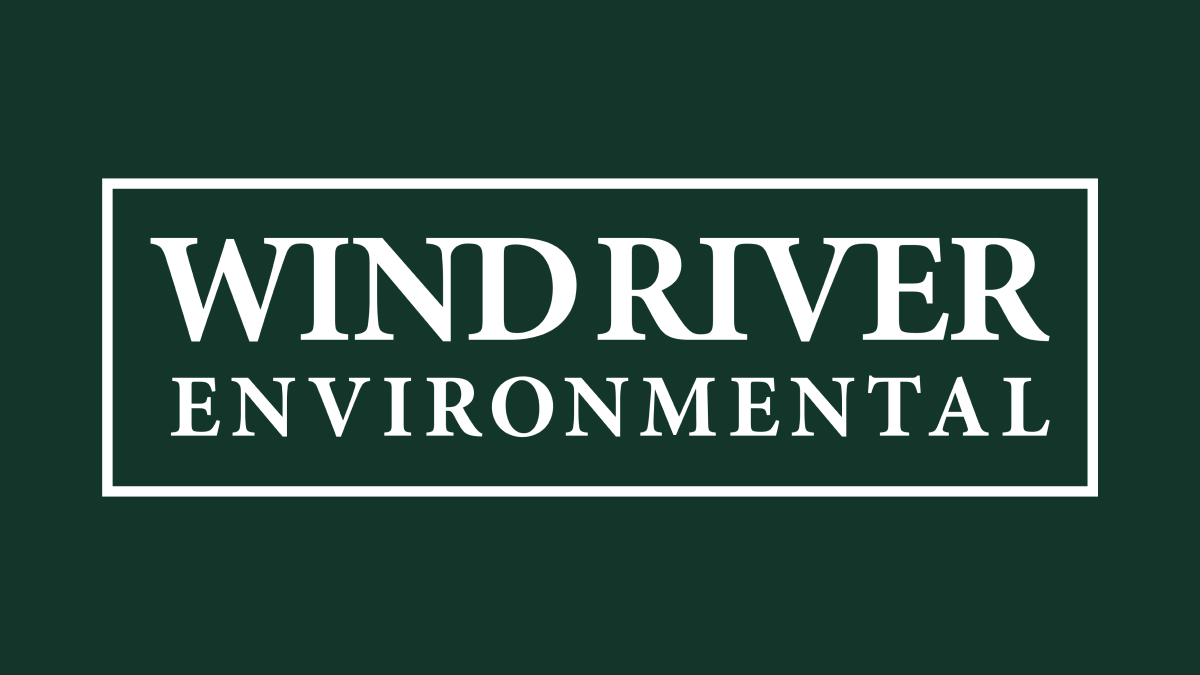As winter approaches, it's crucial for business owners to prepare their facilities for the cold temperatures that can create hidden challenges. Cold weather can affect areas of your property that you may not visit often, such as crawl spaces, attics, isolated storage rooms, and unheated warehouses. Preparing your property for these temperature changes will help prevent business interruptions and reduce potential losses.
Protecting Your Water Pipes and Sprinkler Systems
One of the most common cold weather problems is frozen pipes, particularly in unheated or poorly insulated spaces. When temperatures drop significantly, domestic water pipes can freeze, crack, and cause severe damage. To protect these pipes, ensure that those in crawl spaces, attics, and other cold areas are either insulated or heated. If possible, shut off and drain the water from pipes located in these vulnerable areas. If supplemental heating is necessary, consider using space heaters or heat tapes designed for pipes.
For facilities with fire protection systems, it’s essential to take extra precautions. Fire sprinkler systems are vital for ensuring the safety of your property and staff, but they depend on water being able to flow freely in emergencies. In freezing conditions, wet pipes can freeze and prevent the sprinkler system from functioning correctly. If your facility uses a wet-pipe sprinkler system, it’s crucial to maintain proper heating to prevent these pipes from freezing.
If a building’s heating system goes down, it's important to restore heat as soon as possible to protect your fire protection systems. Sprinkler systems should only be shut off and drained if all other options to restore heat have been exhausted. Before draining the system, notify local fire officials and your insurance carrier to ensure all safety protocols are followed.
Preventative Measures for Frozen Pipes
There are several strategies you can implement to prevent frozen pipes and fire protection system failures:
- Insulate Pipes: Ensure that all water-filled pipes in exterior walls, crawl spaces, or other unheated areas are properly insulated. Consider heat tracing for pipes located in these spaces as an added layer of protection.
- Maintain Building Temperature: Keep a minimum temperature of 40°F (4.4°C) in all areas where pipes or sprinkler systems are located. This includes fire pump houses, valve enclosures, and sprinkler system closets. If you use antifreeze in sprinkler systems, ensure it has the correct concentration to withstand freezing temperatures.
- Regular Inspections: Check dry-pipe systems to ensure air settings are accurate and maintenance systems are in good working condition. Inspect any pipe closets to confirm they are well-insulated and free of moisture.
- Monitor Sprinkler Systems: If you have wet-pipe systems exposed to extreme cold, make sure they are insulated and equipped with UL-listed heat trace cables. Additionally, check the fire pump test headers to ensure they have been properly drained.
- Use Low-Temperature Monitoring: Consider installing low-temperature monitoring solutions to ensure that critical systems in room housing are being maintained at the proper temperature.
While these steps can significantly reduce the risk of frozen pipes and fire protection system failures, it’s essential to enlist professional help for thorough inspections and maintenance. Wind River Environmental is your trusted partner for protecting your business from cold weather-related plumbing and fire protection issues. Our expert team can inspect, maintain, and repair your plumbing and sprinkler systems to ensure they’re ready for the winter months ahead.
If you need assistance with pipe insulation, sprinkler system maintenance, or any other winter-related plumbing issues, don’t hesitate to call Wind River Environmental at 1-800-499-1682. Our team is available to help you prepare your business for the cold weather and avoid costly repairs or disruptions. Let us handle the heavy lifting so you can focus on what matters most - running your business.





